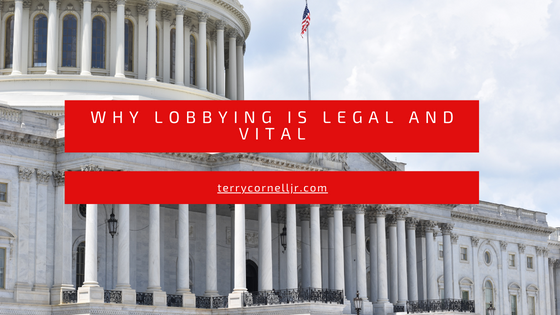In 2019, lobbyists spent over $3.47 billion on lobbying efforts on political issues. This represents the highest amount of money spent on lobbying since the peak of the lobbying industry in 2010. Groups are using the rise of political influence to create legislation that will benefit their own interests. Remembering the legal nature of lobbying and why it is important for government is important.
Why Is Lobbying Legal?
Although lobbying is often regarded as a form of bribery, it is a practice that involves putting pressure on governments to enact specific policies. This is done through public campaigns that are legally registered. The legality of lobbying can be found in the Constitution and our participatory democracy.
The amount of money spent by lobbyists in 2019 was the highest since the peak of the lobbying industry in 2010.
First Amendment Protection
One of the many rights the 1st Amendment provides is the right to lobby. Although the term “lobby” is never used explicitly, it is stated that individuals have the right to petition the government to resolve their grievances. This is a significant aspect of the Constitution and shows how far the concept of lobbying has come.
Lobbying Disclosure Act of 1995
The act also provides for the proper regulation of political lobbying. This legislation defines what activities are considered lobbying and how they must be conducted to avoid potential penalties.
The goal of the lobbying disclosure act is to ensure that the public has the opportunity to evaluate the influence that political lobbying has on the decisions that are made by government.
Lobbying Affects Everyone
All laws apply to everyone in the country, making lobbying legal. Unlike bribery, a type of influence that occurs when a group or individual receives preferential treatment, lobbying does not seek special treatment. Instead, it is a way to influence the actions of government.
Why is Lobbying Important?
The success of a government depends on its ability to effectively lobby. Without it, it would be hard to sort out the competing interests of its residents. Through lobbying, a government can effectively serve the interests of its citizens.
Lobbying Access
Through lobbying, a government can effectively serve the interests of its citizens. By grouping various goals into one campaign, lobbyists can represent the interests of a wide range of people. This allows them to influence the legislature’s actions and bring the people’s issues to the forefront.
Educational Function of Lobbying
Through lobbying, a group can obtain the necessary information to effectively bring their concerns to the government’s attention. This gives them the necessary information to persuade the government to act on their behalf. Moreover, lobbying groups can bring in the best possible expertise and knowledge since their sole purpose is to influence the government’s policies.
